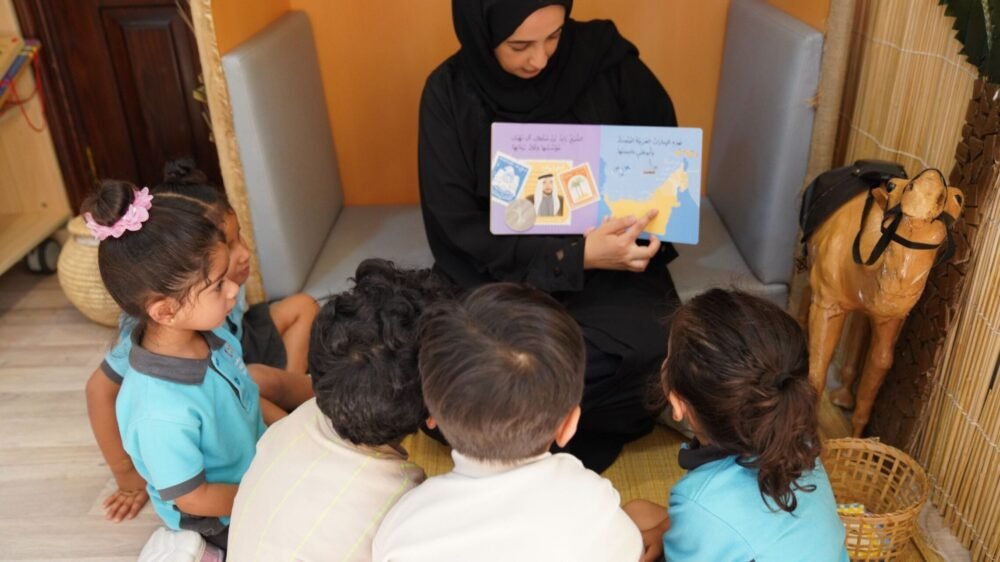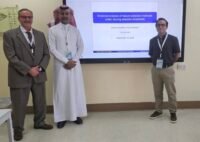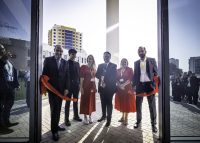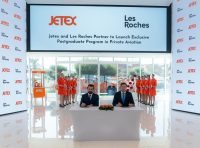Students in all private and charter institutions will receive 240 minutes of lessons
Abu Dhabi, June 9, 2025: Abu Dhabi Department of Education and Knowledge (ADEK) has announced a new policy making four hours of Arabic instruction per week mandatory for all private and charter kindergartens across the emirate, starting from Pre-KG to KG2.
Beginning in fall 2025, the new Arabic curriculum aims to strengthen language skillsin the early years of learning and establish a strong foundation in the mother tongue from the very start.
Under the new ADEK School KG Arabic Curriculum Policy, all young learners will receive 240 minutes of structured, age-appropriate Arabic instruction per week. This will increase to 300 minutes per week beginning 2026-27 academic year. The new policy ensures that every child, whether a native speaker or learning Arabic for the first time, receives consistent, high-quality instruction during the most critical phase of language development.
Why now?
Research shows that children learn languages best when they are young. In addition, ADEK’s recent survey revealed that while Arabic is widely spoken at home, many children still struggle to use it confidently. This policy aims to bridge that gap, with schools and families working together to keep Arabic alive and thriving.
Learning will be engaging, built around play, storytelling, songs and exploration. The policy outlines two tracks: one designed to deepen mother tongue skills for native Arabic speakers, and another tailored for non-native speakers and newcomers. This will ensure that each child is supported at their level, whether native speaker or beginner.
“This is about more than just adding Arabic lessons,” says Mariam Al Hallami, Executive Director Early Education, ADEK. “It’s about giving every child in Abu Dhabi the gift of language, identity, and connection starting from day one. We want Arabic to feel natural, interactive and alive in every classroom and every home.”
The new policy bridges the gap between Arabic learning in nurseries, implemented through ADEK’s Early Education Institutions (EEI) policies, and the start of mandatory Arabic instruction in Cycle 1 in line with Ministry of Education requirements, supporting steady language development during the early years.








